If you want to understand democracy, spend less time in the library with Plato, and more time in the buses with people
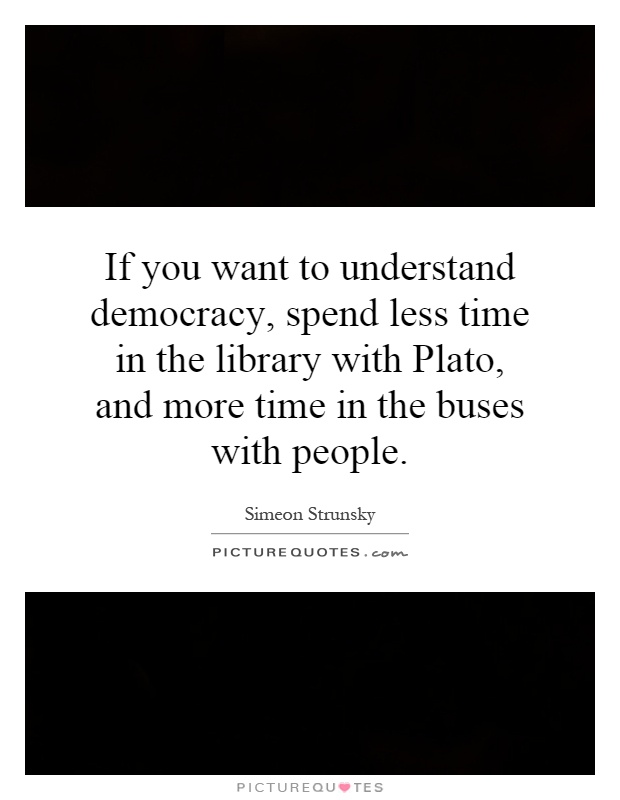
If you want to understand democracy, spend less time in the library with Plato, and more time in the buses with people
Simeon Strunsky, a renowned American journalist and essayist, once famously said, “If you want to understand democracy, spend less time in the library with Plato, and more time in the buses with people.” This quote encapsulates the essence of democracy as a system of government that is rooted in the collective voice and will of the people. While the works of philosophers like Plato may provide valuable insights into the theoretical underpinnings of democracy, true understanding of this political system can only be gained through direct engagement with the diverse voices and perspectives of the people.In today's world, where political polarization and social divisions are on the rise, it is more important than ever to heed Strunsky's advice and actively seek out opportunities to connect with people from all walks of life. By spending time in buses, cafes, parks, and other public spaces where people gather, we can gain a deeper appreciation for the complexities and nuances of democracy in action. It is in these everyday interactions that we can witness the power dynamics, the struggles, and the triumphs of ordinary citizens as they navigate the challenges of living in a democratic society.
Moreover, engaging with people in their own environments allows us to develop a more empathetic understanding of their lived experiences and perspectives. It is easy to get lost in abstract theories and intellectual debates about democracy, but it is only by listening to the voices of the people themselves that we can truly grasp the impact of political decisions on their lives. By actively seeking out these conversations and engaging with people from diverse backgrounds, we can gain a more nuanced understanding of the strengths and weaknesses of democracy as a system of governance.
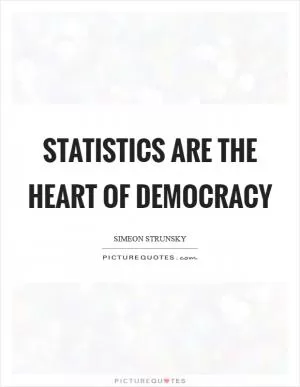

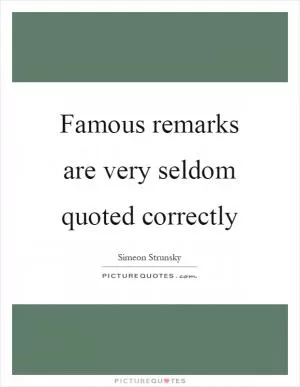
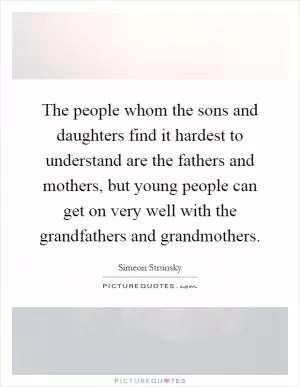
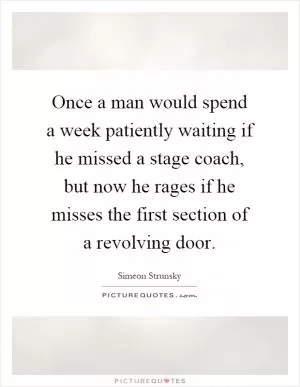

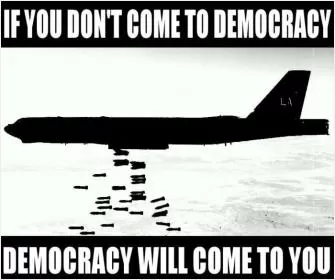
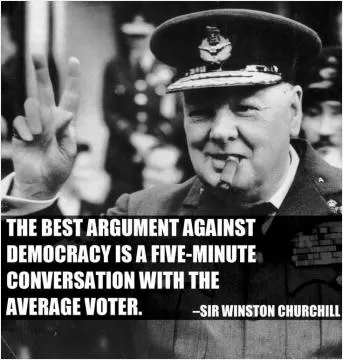
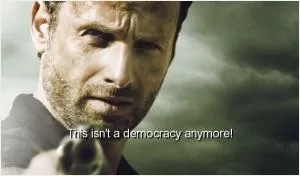
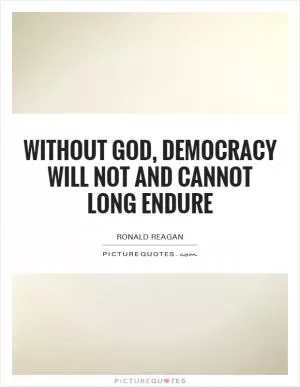
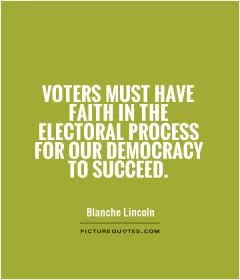
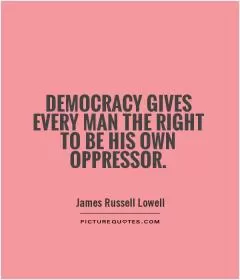
 Friendship Quotes
Friendship Quotes Love Quotes
Love Quotes Life Quotes
Life Quotes Funny Quotes
Funny Quotes Motivational Quotes
Motivational Quotes Inspirational Quotes
Inspirational Quotes